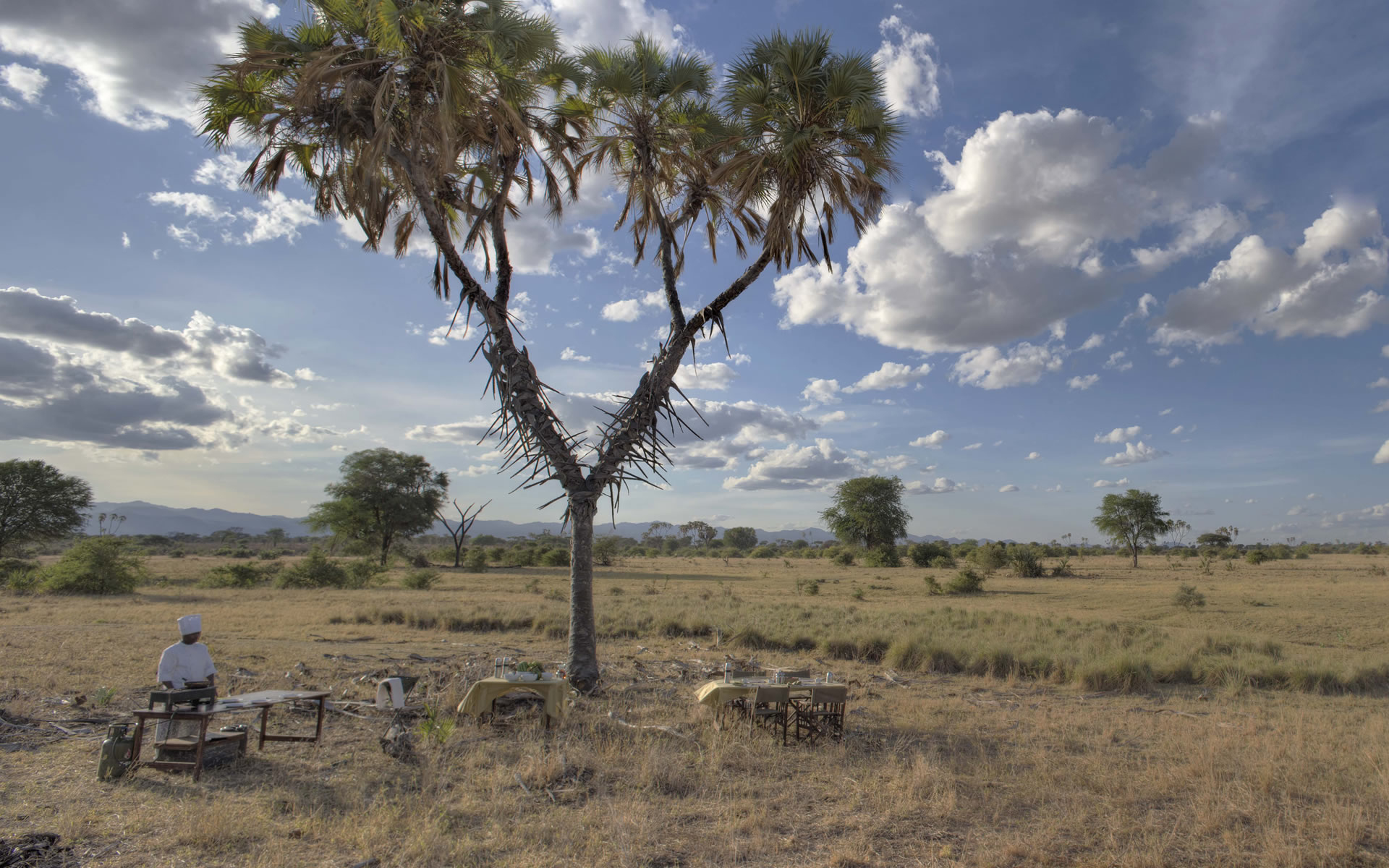
Meru National Park
Meru National Park: Background Info
Made famous by conservationist Joy Adamson and the film based on her book “Born Free”, Meru National Park is home to 13 rivers, as well as a wide range of diverse habitats. It is a paradise for bird watchers, as several rare bird species are found here. A small but highly diverse park, Meru has the feeling of a far larger wilderness and was home to Elsa the lioness of “Born Free” fame. The park is quieter than others in Kenya, well off the mainstream tourist trail. Nevertheless, there is a wealth of wildlife to see here – and each of the park’s three camps has plenty of character and charm! Activities in Meru focus on viewing all this wildlife, on game drives and game walks. As the park is not teeming with tourists, it provides a very authentic safari experience. We highly recommend a trip to the successful rhino sanctuary, while the site of Elsa’s grave – the remote north bank of the Ura River in the deep south of Meru – is also well worth a visit.
Meru National Park: Destination Preview

Wildlife
The park is home to a huge variety of animals, including the Big Five: lion, leopard, rhinoceros, elephant, and Cape buffalo. Zebras and gazelles are known to roam free across much of the park, grazing on dry yellow tufts of grass. The rivers around the park are also home to a lot of wildlife. Within the murky depths, crocodiles lurk, waiting to pounce on anything brave enough to approach these shores. Hippos can often be seen sunbathing on the banks of the various rivers and lakes across the park. The rhino sanctuary houses both black and white rhino. Decades of poaching means these animals need serious protection, and there are a number of conservation initiatives across Kenya dedicated to the preservation of rhinos. The 80km² sanctuary is ring-fenced and protected from poachers. This has led to the increase in the rhino population.
Birdlife
Meru offers good bird watching throughout the year, but the best time is from November to April when the migrants from Europe and North Africa are present. This coincides with the breeding season when many species are nesting. Although good for birding, November and April tend to be very wet and are less productive times for general wildlife viewing. With more than 300 species recorded, Meru National Park is an excellent birding destination. It has several northern Kenya specials, including the impressive Somali ostrich, Boran cisticola and vulturine guineafowl. The noisy yellow-necked spurfowl is very common and the sought-after Hinde’s pied babbler can sometimes be spotted as well. The rivers running through the park offer the right habitat for Pel’s fishing-owl, the elusive African finfoot and the localized golden palm weaver, as well as more common waterbirds.
Meru National Park: Location
Must Visit Top Destinations Kenya

Maasai Mara Game Reserve
Maasai Mara Game Reserve is one of the most popular tourism destinations in Kenya regarded as the jewel of Kenya’s wildlife viewing areas

Amboseli National Park
The "Open Plains" and "Place of Dust". Amboseli comes from the word Empusel, meaning “open plain” in the language of the local Maasai people.

Lake Nakuru National Park
Famous for the vast numbers of flamingos that feed off its algae. Home to a large rhino population. These beasts can often be spotted lazing under the shade of the luscious acacia trees that surround the lake.

Meru National Park
Made famous by conservationist Joy Adamson and the film based on her book “Born Free”, Meru National Park is home to 13 rivers, as well as a wide range of diverse habitats.

Nairobi National Park
Nairobi National Park is a unique ecosystem by being the only protected area in the world close to a capital city. Open grass plains with scattered acacia bush are predominant.

Samburu National Reserve
Samburu's savannahs and forests make for diverse big game country. Home to all the big cats, it's especially good for leopard as well as providing a haven for super-rare wild dogs and large numbers of elephants.

Tsavo East National Park
Tsavo East National Park is not a reserve to come and tick off large numbers of big game. Rather, it is about relaxing and enjoying the animals and birds in a true wilderness.

Tsavo West National Park
Tsavo West National Park is known as “ Land of Lava, Springs, Man-eaters and Magical Sunsets”. Habitat includes open plains and savannah bush, semi-desert scrub, acacia woodlands, numerous rocky ridges & outcrops.
OUR ACCREDITATIONS & BOOKING SECURITY
Across Wilderness Expedition Ltd is licensed by the Kenya Tourism Regulatory Authority (TRA) and is also affiliated
with multiple booking platforms.













